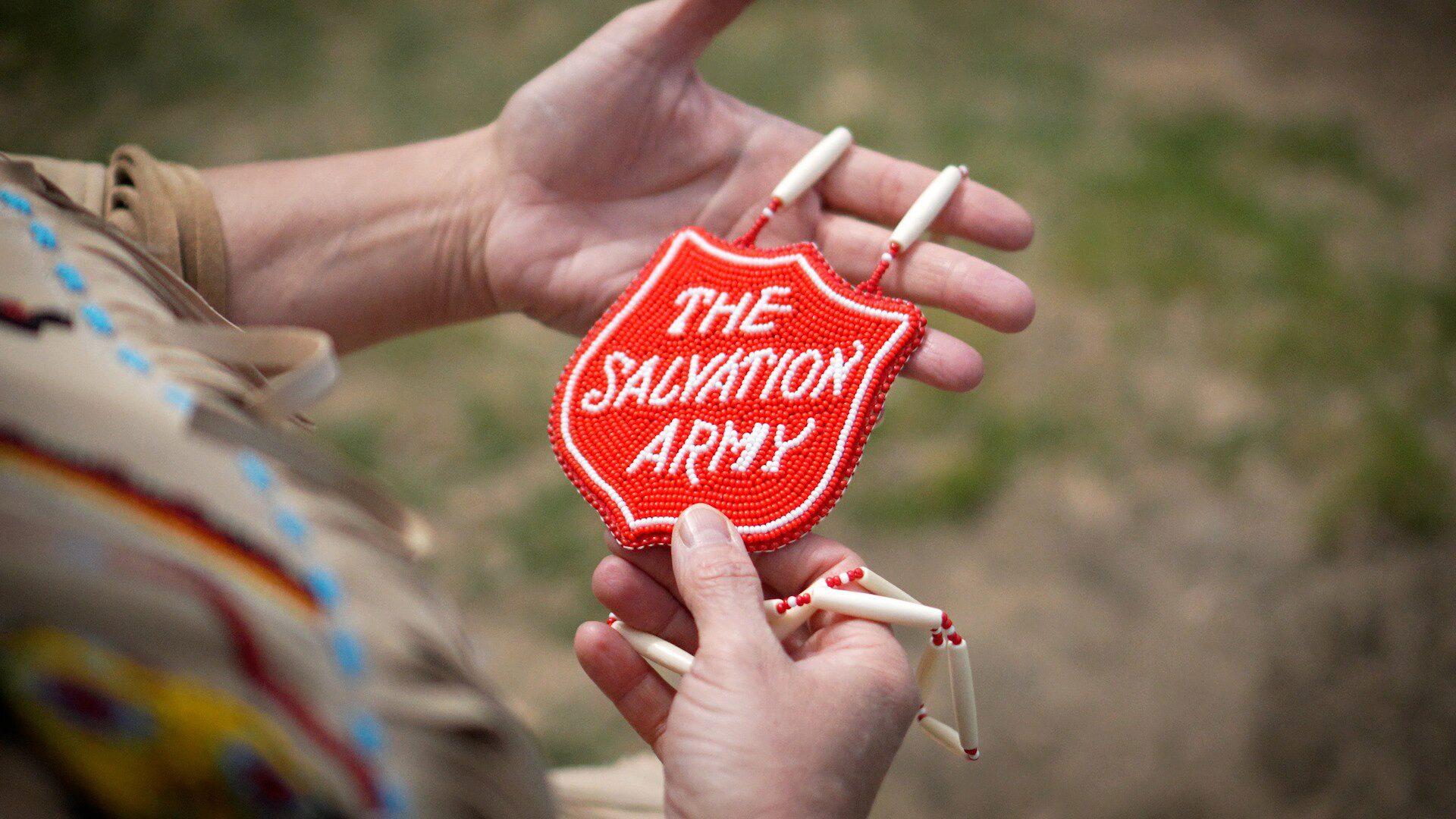Over the past several months, The Salvation Army in Canada and Bermuda has held a series of Reconciliation Circles as part of our commitment to the journey of reconciliation. These guided conversations, grounded in an Indigenous appreciative inquiry approach of storytelling, meaningful dialogue and active listening, are designed to support the work of healing and reconciliation in our territory. Faith Sundaralingam, from the community mission department, facilitated these circles along with Captain Crystal Porter. She shares more:
The Salvation Army is deeply committed to reconciliation. We recognize that reconciliation is an ongoing journey that acknowledges our past with Indigenous peoples, reframes our present relationships and works toward a future rooted in dignity, respect and trust.
Reconciliation circles are intentional, facilitated spaces that support relational healing and collective accountability, both personally and within the context of The Salvation Army in Canada and Bermuda. We explore themes related to our relationships with self, community and creation, as well as our personal and organizational reconciliation journeys.
Healing relationships requires honesty, humility and a willingness to listen. These circles provide a sacred space where individuals can come together to embody these values by learning from one another and committing to the essential work of healing and restoration in relationships.
Five groups, each consisting of 8-10 participants, with representatives from each division and from territorial headquarters, met three times over a period of three months. The groups included individuals who identify as Indigenous and non-Indigenous officers, employees, congregation members and volunteers.
Each circle began with an introduction and check-in, creating space for participants to centre themselves as their whole selves before engaging in discussion. This practice helps honour the value of all facets of an individual: mental, emotional, physical and spiritual. The circle then continues with a time for teaching, story sharing and reflection—both collectively and individually. During our conversations, we explore what it means to be a good neighbour in our personal lives and church communities.
“Being a good neighbour doesn’t have to be hard—it’s just walking together,” says one participant.








Leave a Comment